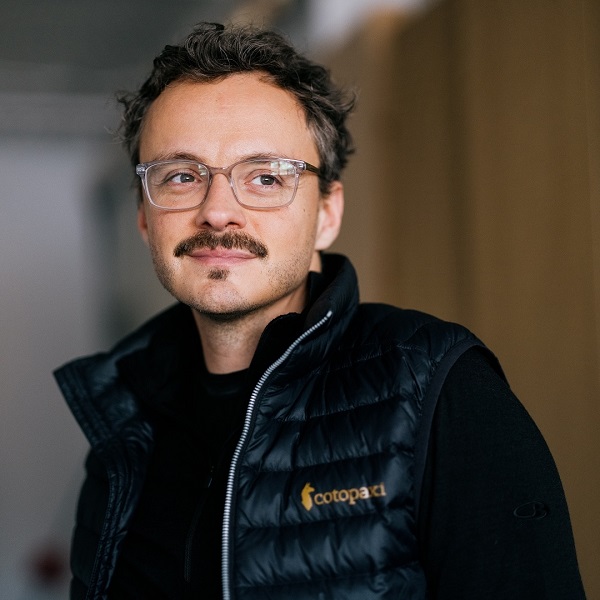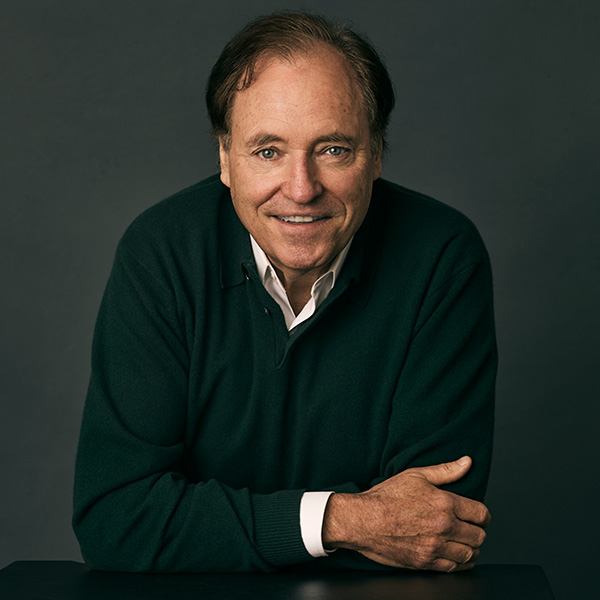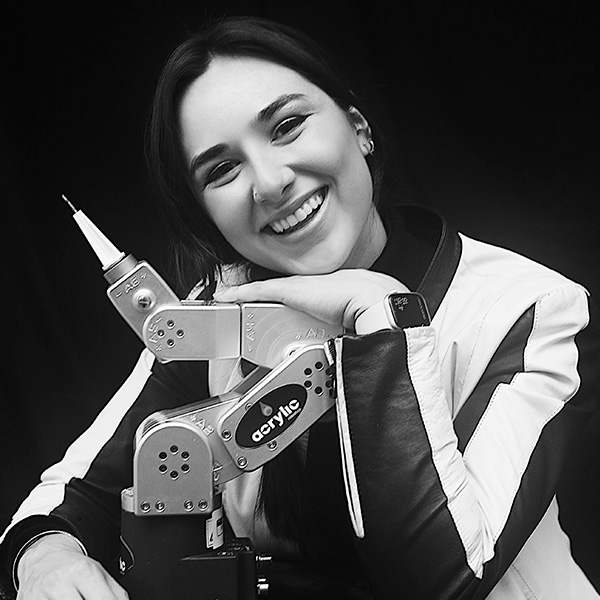Toronto native Elana Rosenfeld faced the challenge of carving out a living in a small town after she graduated from McGill and settled in scenic eastern British Columbia.
“The first impetus was ‘oh, we want to live here, it’s so beautiful, I love it here’, but how do you make a meaningful living?” says Rosenfeld, BA’96, over the phone from Invermere, which has just under 3,000 people.
She solved the puzzle, and then some.
Rosenfeld presides over Kicking Horse Coffee, the organic fair trade company she built from scratch with former partner, Leo Johnson, initially roasting coffee beans in their garage.
With her entrepreneurial bent, Rosenfeld knew as an arts student at McGill that she would go into business. But she never imagined the size and scope of the success that lay ahead.
Launched in 1996, Kicking Horse Coffee now employs about 130 people and sells its coffee, with playful names like Smart Ass, Kick Ass and Half Ass, in Canada and the U.S.
Last May, Italian coffee giant Lavazza bought an 80 per cent stake in the company, which it noted was valued at $215 million.
Rosenfeld remains Kicking Horse Coffee’s CEO and retains a 20 per cent stake.
“[We] saw very early on that there was a real opening for us in the grocery world because there just wasn’t any good quality coffee,” Rosenfeld says.
“And, of course, we didn’t realize we were starting something, but we did, with fair trade coffee and organic coffee and whole bean coffee. We were following our hearts and really built that whole market in Canada.”
On its website, Kicking Horse Coffee notes that people told them “It can’t be done!” when it set out to use only fair trade and organic beans – a goal the company achieved.
“To grow something like that, you kind of have to grow it from both sides. The farmers have to buy into it, but the importers and the roasters need to build the market. So we were very committed to growing the market,” Rosenfeld says.
The company imports coffee beans primarily from Central and South America, Indonesia and Africa.
“Roasting is really a balance between art and science – it is food science, it’s chemistry, but then there is also an art to it,” she says.
“And our blending style is very unique. So we take a lot of time and effort to roast each bean (grouped together by origin, such as Ethiopian) to its specific taste profile and then we blend, whereas traditionally all beans would be kind of roasted the same.”
Rosenfeld majored in religious studies and did a minor in women’s studies at McGill where she developed an appetite for coffee, hanging out in cafés and drinking café au lait in a bowl at a downtown bookstore.
“I think I really gained my appreciation and love of cafés and coffee while at school.”
Rosenfeld, who grew up in downtown Toronto, calls the purchase by Lavazza a dream come true.
“I have a huge admiration and respect for Lavazza. Certainly growing up in Toronto, and then Montreal, Lavazza was always sort of there in the marketplace for coffee. So to imagine that I’m partnered with them 20 years later, it’s quite amazing.”
The 2011 Profit/Chatelaine W100 of Canada’s Top Female Entrepreneurs put Rosenfeld in the No. 5 spot in its rankings. And for the past three years that it has taken part in the “Best Workplaces in Canada” rankings, Kicking Horse Coffee has made the top 15 for medium-sized organizations. (Research firm Great Place to Work produces the list.)
Kicking Horse Coffee stages fun days twice a year for staff. Last summer’s event included floating down the Columbia River on paddleboards, canoes, kayaks and rubber dinghies.
What kind of workplace has she tried to create? Initially, it was about creating a meaningful way of having a livelihood, Rosenfeld says, “but eventually it doesn’t become about you and your needs. You start creating an organization that’s very tied to the community.
“I’ve always been a big proponent of having fun and if I’m not having fun, why in the world would I be doing it.” Rosenfeld adds.
She also loves to see people grow and learn, and create potential. “I think we’ve certainly created that kind of environment. It’s a pretty special place.”


